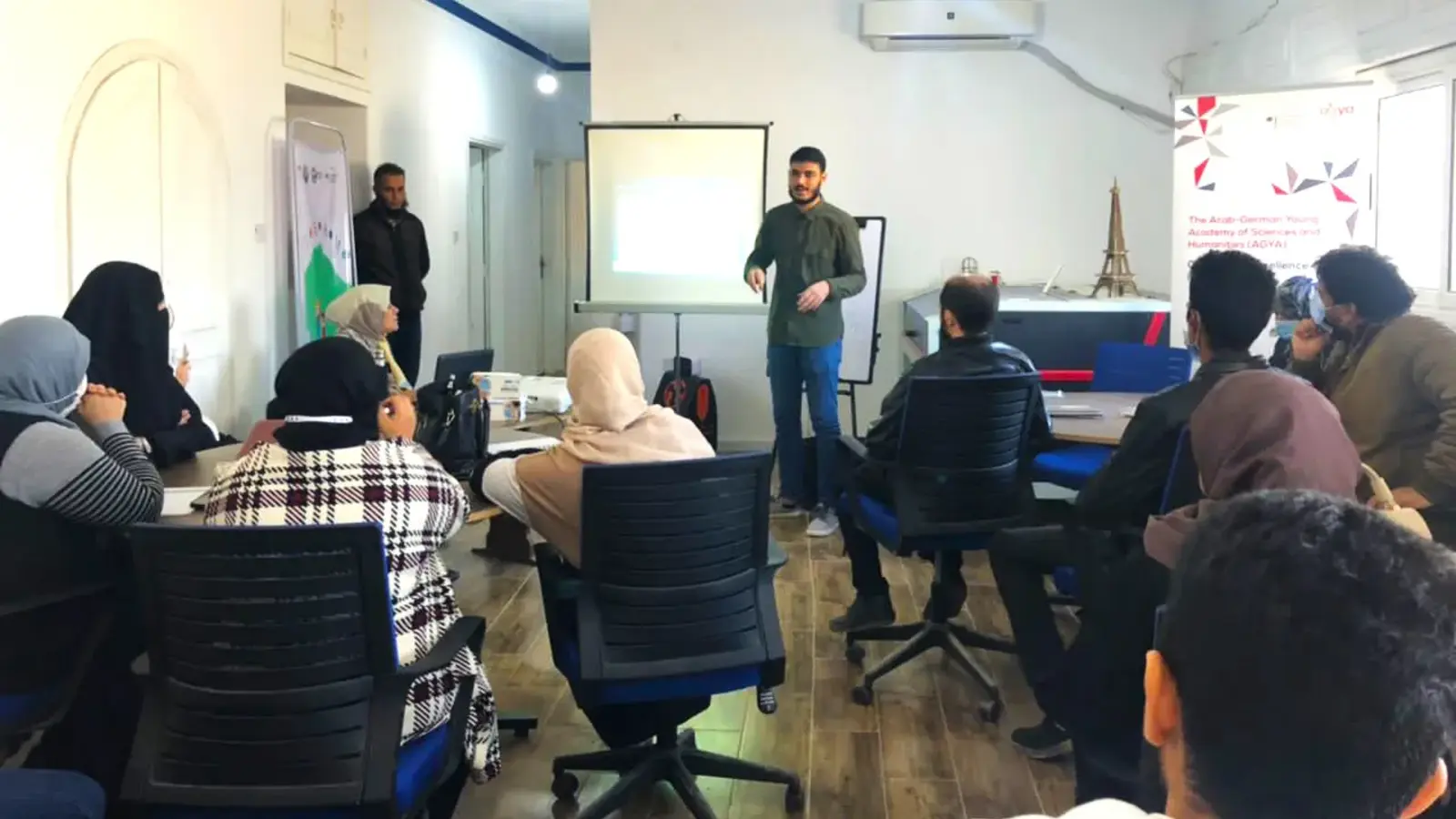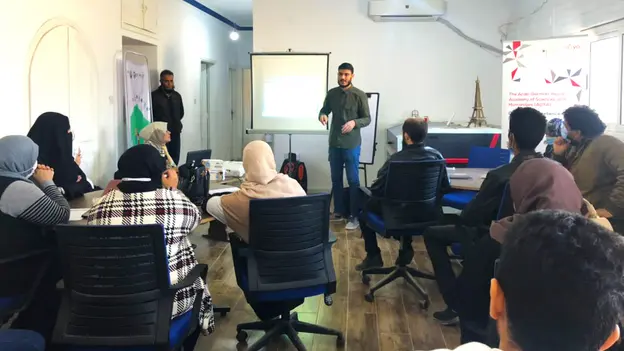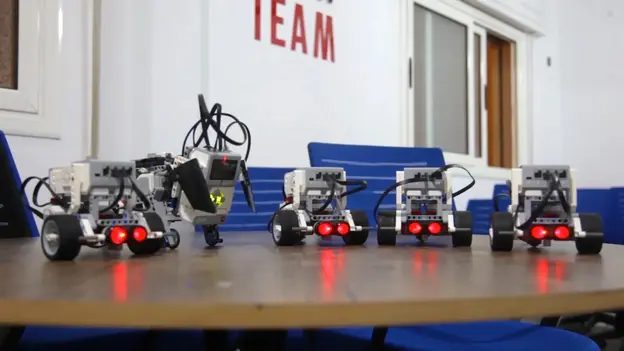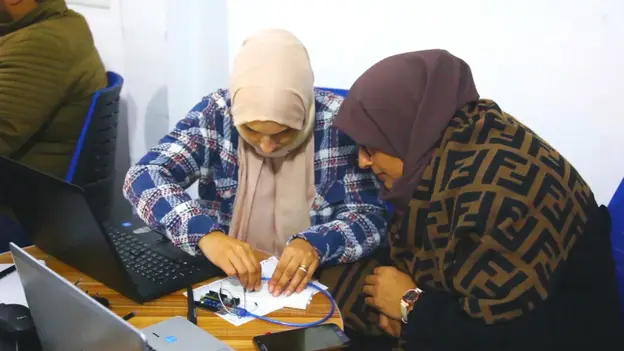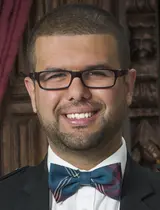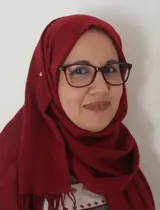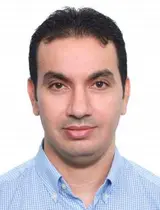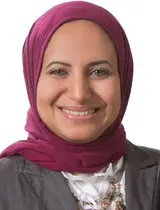Working Group Project
STEM+A=STEAM: Innovative Forms of Education
Training
The armed conflicts in Libya have affected the country and its inhabitants on a political and economic, but also on a social, educational, and psychological level. Especially the education sector has struggled. Teachers lack the opportunity to further educate themselves and learn new skills and innovative teaching methods. This has an immediate effect on students and their preparedness for future tasks in a transitional society.
Additionally, the war made many Libyans leave their homes and families. Furthermore, Libya is a destination for migrants from Sub-Saharan Africa. Due to these diverse migration movements, the demand to the education system for integration is very high. Resident, migrant, and displaced children alike are shaping their future and they need to learn at young age to overcome their differences and combine their strengths and interests.
Science meets arts
Therefore, the project targets teachers and their displaced, migrant, and local students. By promoting the concept of STEAM education the project fosters the inclusion of new and interactive teaching methods. Originating from the STEM concept, it combines the fields of science, technology, engineering, and math additionally with arts, introducing the humanities to this approach. Here, arts are considered more subjective, ambiguous, and related to feelings, while STEM disciplines are in comparison more repeatable, clear, and analytical. The combination of both in STEAM opens the doors to extended approaches to teaching and learning concepts. Through the integrations of arts, the classroom transforms into a creative learning environment opening up low-barrier access to interact with others. Specifically, for the resident, migrant, and displaced children in Libya this creates a supportive environment to exchange and overcome differences.
In a first project phase, schoolteachers from the area of Benghazi received a hands-on training course on STEAM methods and how to include them into school curricula. The conceptualization and organization were supported by the University of Benghazi and FabLab Libya. In less than a week more than 100 applications from Libyan schoolteachers were received, highly emphasizing the need for such trainings. The first selected teachers will act as multipliers and disseminate the gained knowledge into their respective schools.
In a second phase planned for 2022, the project will invite students from different social backgrounds to participate in a training course especially designed on the basis of STEAM methods. As a closing event of this first pilot phase, a science fair is planned inviting teachers, students and their families as well as other interested participants to come together, exchange, and learn from each other.
- Disciplines Involved
- Education Science, Engineering, Mathematics, Chemistry, Biology, Arts, Physics
- Cooperation Partners
- University of Benghazi, Libya
- FabLab Libya
- Project Title
- STEM+A=STEAM: AGYA explores Innovative Education in Libya
- Year
- 2021
- Funding Scheme
- Working Group Project
- Working Group
- Innovation
- Countries Involved
- Libya, Germany
Project Partners
STEM+A=STEAM: Innovative Forms of Education
Get some impressions of the hands-on training on STEAM education for Libyan teachers organised by the AGYA Working Group Innovation at the FabLab Libya in cooperation with the University of Benghazi.
